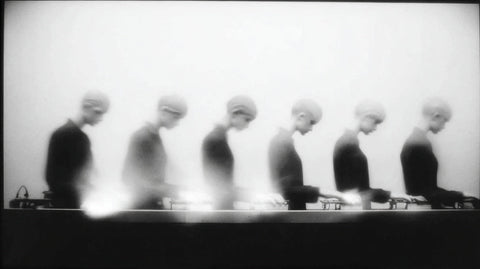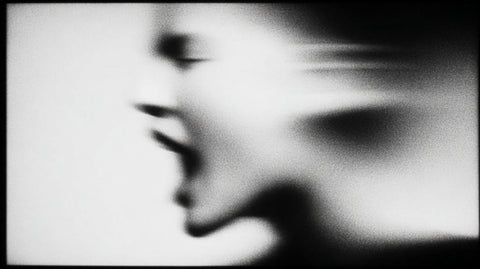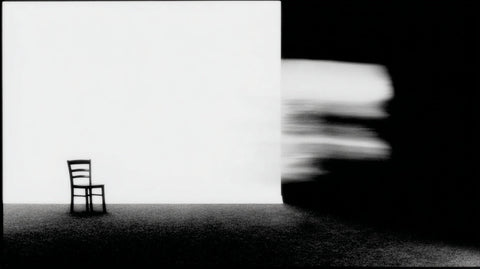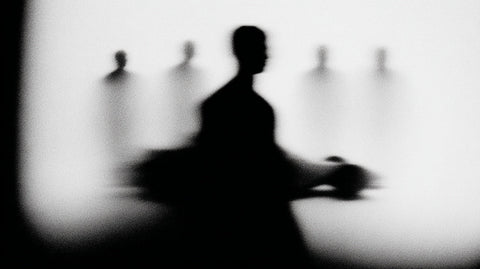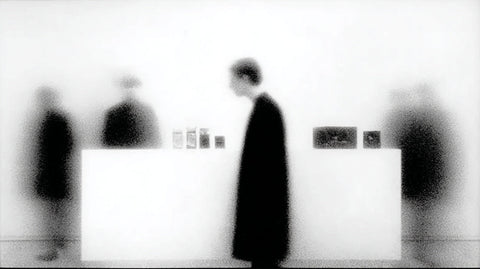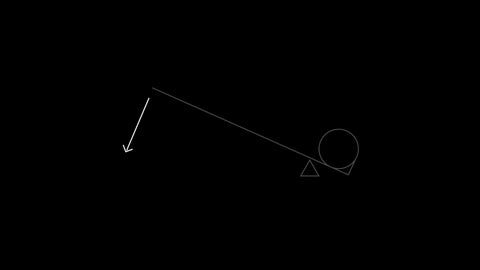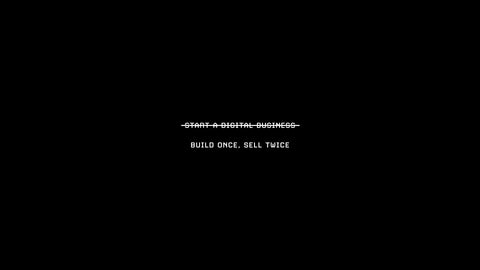Why it's true:
In sports:
- Kobe Bryant: same shots, thousands of times
- Result: automatic execution, no thought required
- The repetition creates muscle memory
- Mastery emerges after you stop thinking about it
- Every pro athlete repeats basics endlessly
In music:
- Concert pianist: same scales, daily, for decades
- Result: fingers know the patterns without conscious thought
- The repetition reveals nuances invisible to beginners
- Mastery is in the micro-adjustments that only appear after 10,000 reps
- Virtuosos practice "boring" basics more than amateurs
In writing:
- Hemingway rewrote the ending of Farewell to Arms 47 times
- Result: the perfect ending
- The repetition reveals what works and what doesn't
- Mastery comes from iteration, not inspiration
- Great writers rewrite; amateurs write once
In martial arts:
- Bruce Lee: "I fear not the man who has practiced 10,000 kicks once, but I fear the man who has practiced one kick 10,000 times"
- Result: one perfect technique beats many mediocre ones
- The repetition creates depth, not breadth
- Mastery is depth through repetition
- Black belts repeat white belt moves perfectly
In comedy:
- Comedians tell same jokes hundreds of times
- Result: perfect timing, delivery, micro-adjustments based on audience
- The repetition reveals what's actually funny
- Mastery in the tiny variations that only appear after repetition
- The bit evolves through repetition, not creation
The mechanism:
Repetition 1-10: Learning the move
- Conscious effort
- Clumsy execution
- Following instructions
- Thinking through each step
- High cognitive load
Repetition 11-100: Building competence
- Less thinking required
- Smoother execution
- Starting to internalize
- Pattern recognition begins
- Medium cognitive load
Repetition 101-1,000: Developing skill
- Automatic execution
- Can do while thinking about other things
- Pattern recognition strong
- Starting to see variations
- Low cognitive load
Repetition 1,001-10,000: Approaching mastery
- No conscious thought required
- Seeing patterns invisible to others
- Can improvise within the form
- Understanding the why, not just the how
- Zero cognitive load for execution, all available for refinement
Repetition 10,000+: Mastery
- Move is instinct
- See things others can't
- Innovation within constraints
- Teaching others what's invisible to them
- Transcended the technique
The hiding mechanism:
Mastery "hides" because:
From the outside:
- Looks effortless (they make it look easy)
- Looks boring (they're doing the same thing)
- Looks simple (no flash, just fundamentals)
- Invisible to observers (can't see the micro-adjustments)
The mastery is hidden in:
- The tiny variations rep to rep
- The automatic corrections
- The feel that can't be taught
- The pattern recognition that seems like magic
- The intuition built from 10,000 reps
Examples where mastery hides in repetition:
Sushi chefs:
- Spend 10 years learning to make rice properly
- Same task, daily, for a decade
- Result: perfect rice every time
- Mastery hidden in what seems simple
- The depth invisible to diners
Surgeons:
- Same procedures, hundreds of times
- Result: can operate with precision in high-stress situations
- The repetition creates automatic excellence
- Mastery in the speed and accuracy that only comes from repetition
- Lives saved by boring repetition
Chess masters:
- Study same openings repeatedly
- Result: see 20 moves ahead in familiar positions
- The repetition creates pattern libraries in the brain
- Mastery hidden in instant recognition
- What looks like genius is actually remembered patterns from repetition
Craftsmen:
- Furniture maker: same joints, thousands of times
- Result: perfect fit without measuring
- The repetition creates feel
- Mastery in the hand that knows without thinking
- Hidden in what looks like simple work
Pilots:
- Simulate same emergencies repeatedly
- Result: calm execution when real emergency happens
- The repetition overrides panic
- Mastery hidden in automatic response
- Lives saved by boring practice
The trap:
What most people do:
- Try something new constantly
- Never repeat enough to master
- Mistake variety for growth
- Get bored and move on
- Result: mediocre at many things, master of none
What masters do:
- Do the same thing repeatedly
- Find depth in repetition
- Embrace "boring" practice
- Stay with it past the boredom point
- Result: mastery that looks effortless
Why people avoid repetition:
Repetition feels:
- Boring (same thing again)
- Unproductive (not learning something "new")
- Wasteful (already "know" how to do it)
- Low-status (beginners repeat; experts do advanced things)
- Tedious (want novelty, not repetition)
But:
- Boring = where growth happens
- "Not learning new" = integrating deep
- "Already know" = conscious knowledge, not mastery
- Real experts repeat basics more than beginners
- Tedium is the price of mastery
The formula:
Beginner: Tries many things once Intermediate: Repeats things 10-100 times Advanced: Repeats things 100-1,000 times Expert: Repeats things 1,000-10,000 times Master: Repeats things 10,000+ times and still finds new depth
The breakthrough pattern:
Most people quit here: ↓
Repetition 1: Novel, exciting Repetition 10: Getting it Repetition 50: Boring ← MOST PEOPLE QUIT Repetition 100: Starting to see patterns Repetition 500: Automatic Repetition 1,000: Seeing what others can't Repetition 5,000: Mastery emerging Repetition 10,000: Master
The boring middle is where mastery hides.
Applications:
In learning:
- Don't jump to advanced techniques
- Repeat fundamentals until automatic
- Boring basics become advanced performance
- The foundation must be repeated endlessly
- Advanced is just fundamentals, perfect
In business:
- Don't chase every opportunity
- Repeat core process until perfect
- Same thing, better execution
- Mastery = doing one thing 10,000 times
- Scale comes from repetition, not variety
In creativity:
- Same structure, different content
- Hemingway: same style, different stories
- Musicians: same scales, different songs
- The form repeated, content varies
- Mastery of form enables creativity
In relationships:
- Same conversations (check-ins, how was your day)
- Same rituals (date night, morning coffee)
- The repetition creates depth
- Mastery of communication from repetition
- Deep intimacy hides in repeated mundane moments
In physical training:
- Same lifts, over and over
- Same running route
- Same stretches
- The repetition reveals form
- Mastery in perfect technique from repetition
The counterintuitive truth:
Variety feels like growth. (You're learning many things)
Repetition is actual growth. (You're mastering one thing)
Variety is wide. Repetition is deep.
Wide is visible. Deep is valuable.
The practice:
Pick one thing. Repeat it daily. For years. Past the boredom. Past the plateau. Past when you think you've mastered it.
That's where mastery hides.
The masters' secret:
They're not doing different things than you. They're doing the same things 10,000 more times.
The move you did 10 times, they did 10,000 times. The difference isn't the move. The difference is the repetition.
Mastery hides in repetition.
Not in the first rep (learning). Not in the hundredth rep (competence). Not even in the thousandth rep (skill).
In the ten-thousandth rep. Where it's so automatic, you can see what others can't. Where it's so ingrained, you can innovate within it. Where it's so deep, it looks like magic.
The boring is where the mastery is.
Repeat. Repeat. Repeat. Mastery will reveal itself.

